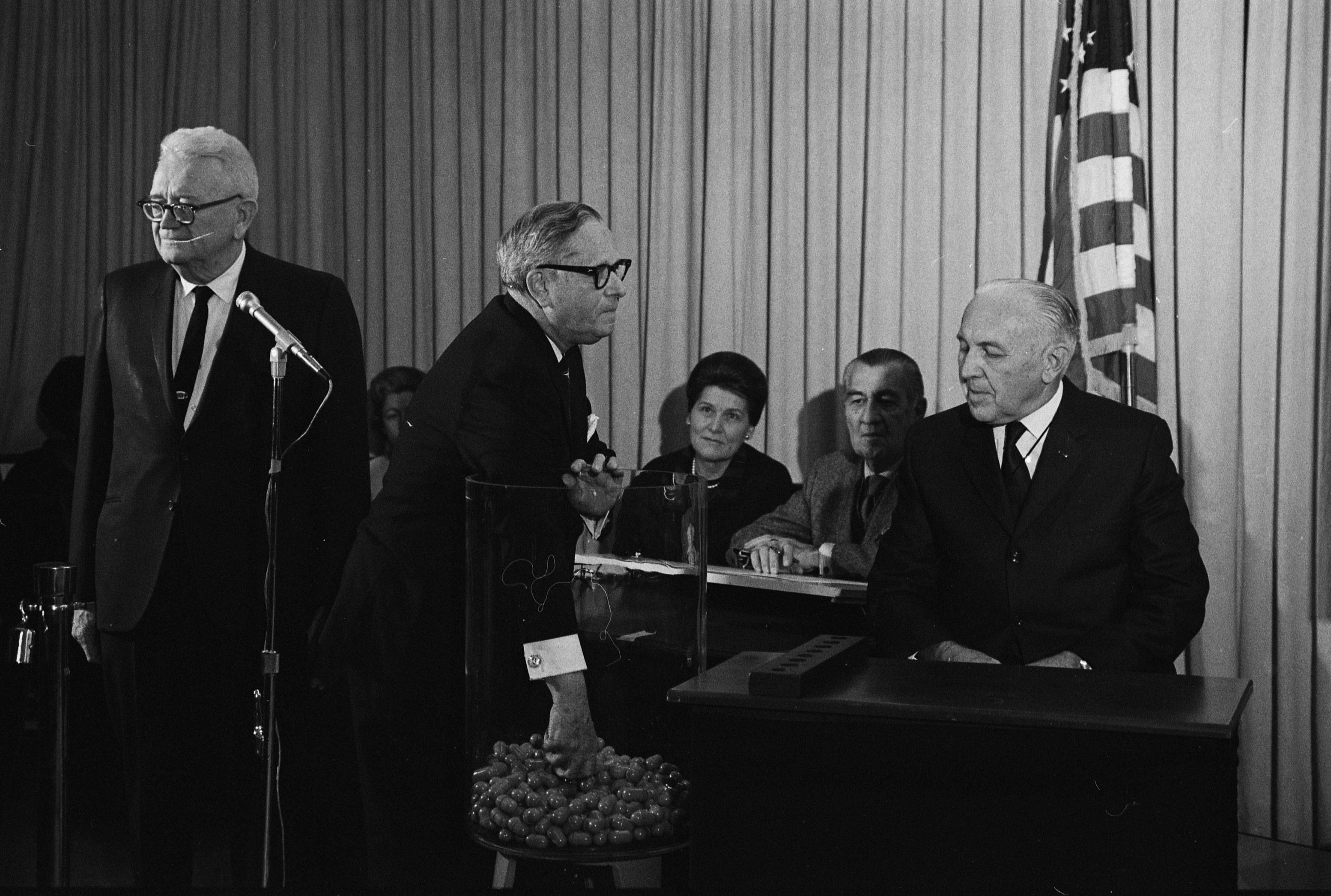
The Federal Bureau of Investigation wants to know what’s on Syed Farook’s Apple iPhone. As the old saying goes, people in hell want icewater too.
The San Bernardino killer’s phone is encrypted. More than ten attempts to guess the correct six-digit pass code (out of a million possibilities) will result in destruction of all data on the phone. They’re stuck. At least they say they are (I’m skeptical). They want Apple to help.
Forcing Apple to do so would be a simple matter of issuing a subpoena if the company had the information in question, but it doesn’t. So the FBI wants Apple to create an entirely new version of its operating system that allows them to bypass the ten-try limit. And a federal judge, citing an 18th century law called the All Writs Act, has ordered Apple to just that.
As I write this, Apple has, quite reasonably, refused the demand. Presumably there’s a court battle in the offing.
Apple should win in the courts, and in any event what the FBI is demanding should be impossible. If what the FBI is demanding isn’t impossible on this generation of iPhones, Apple should be working overtime on a system update that MAKES it impossible , just in case the courts side with the FBI.
This is not about Syed Farook, nor is it the equivalent of a demand to hand over the key to an apartment because the cops have a search warrant. This is about you, and it’s the equivalent of a demand to hand over the keys to 700 million apartments just in case the cops ever take a notion to rummage around in your closet.
Am I worried? No, and yes.
No, because if Apple folds and does the FBI’s will, people who value their privacy will simply switch to devices and/or third party encryption software that neither the FBI nor Apple can compromise in that particular way.
Yes, because this is a red line in terms of precedent. The US government has been at war on the rights and the privacy of every phone and computer user in the world for decades, but this is an open declaration of that war, the moment when the gloves come off.
The state doesn’t own your phone. The state doesn’t own your data. The state doesn’t own YOU. Time to put the tyrants on notice: We’re all out of icewater, fellas.
Thomas L. Knapp is director and senior news analyst at the William Lloyd Garrison Center for Libertarian Advocacy Journalism (thegarrisoncenter.org). He lives and works in north central Florida.
PUBLICATION/CITATION HISTORY
- “The FBI versus Apple (and Everyone Else),” by Thomas L. Knapp, CounterPunch, 02/19/16
- “Farook’s Phone: The FBI versus Apple (and Everyone Else,” by Thomas L. Knapp, OpEdNews, 02/19/16
- “Farook’s Phone: The FBI versus Apple (and Everyone Else),” by Thomas L. Knapp, Ventura County, California Citizens Journal, 02/19/16
- “Farook’s phone: The FBI versus Apple and everyone else,” by Thomas L. Knapp, South Florida Sun Sentinel, 02/19/16
- “Farook’s Phone: The FBI versus Apple (and everyone else),” by Thomas L. Knapp, Woonsocket, Rhode Island Call [web and print editions], 02/21/16
- “Farook’s phone: The FBI versus Apple (and everyone else),” by Thomas L. Knapp, New Bedford, Massachusetts Standard-Times (print edition) / South Coast Today (web edition), 02/23/16
- “Farook’s Phone: The FBI versus Apple (and Everyone Else),” by Thomas L. Knapp, Pahrump Valley, Nevada Times, 02/24/16
- “The FBI versus Apple,” by Thomas L. Knapp, Richmond, Virginia Legacy [web and print editions], 02/24/16


